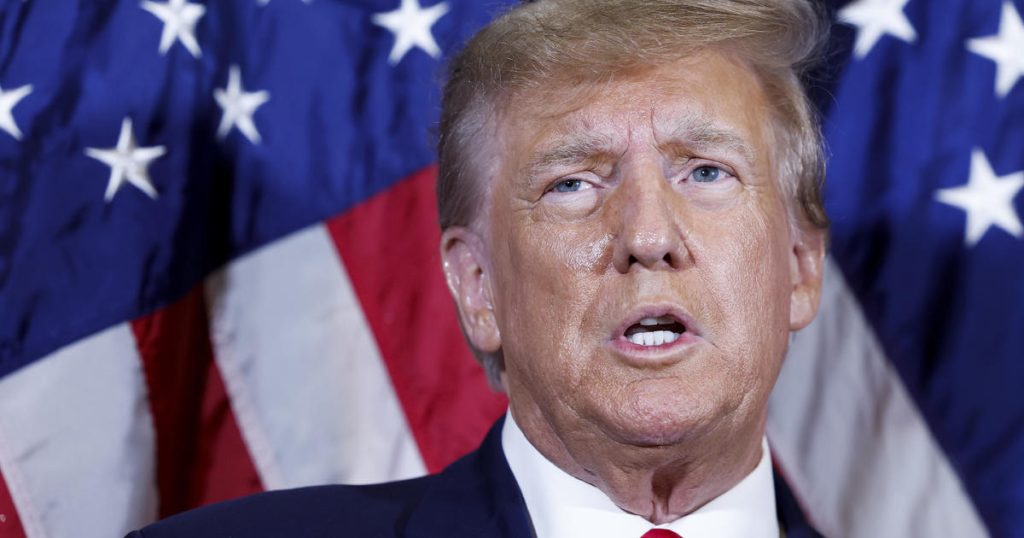A federal judge in Florida has indefinitely postponed former President Donald Trump’s trial involving classified documents due to issues with pre-trial motions and classified evidence. The trial was originally scheduled to begin on May 20, but Judge Aileen Cannon deemed finalizing a trial date at this time to be imprudent. Both Trump’s legal team and the special counsel involved in the case agreed that the trial could potentially be held in the summer, with prosecutors prepared for a July trial date. However, Trump’s attorneys argued that his ongoing civil fraud trial in New York would prevent effective preparation for a July trial, suggesting a later start date after the 2024 presidential election.
The indictment against Trump, along with two co-defendants, accuses him of mishandling classified documents and obstructing a federal probe. All three defendants have pleaded not guilty and denied any wrongdoing. Trump’s legal team has recently raised concerns about the placement of classified records in evidence boxes, claiming that the markers for the classified records were not appropriately placed. Special counsel Jack Smith has stated that the documents were examined by intelligence community agencies in the past, but the discrepancies have raised questions about the investigation. Alongside the Florida case, Trump also faces charges in Washington, D.C., related to his alleged efforts to obstruct the peaceful transfer of power after the 2020 election. This case is currently on hold pending a Supreme Court decision on Trump’s claims of presidential immunity, expected by June.
The scheduling order for Trump’s trial in Florida comes after a hearing where both parties discussed possible trial dates, with arguments made for a trial in the summer or a later start date following the presidential election. Trump’s legal team raised concerns about interfering with the election schedule, while prosecutors emphasized the need for the trial to move forward. Additionally, there has been ongoing disagreement between the defense and the special counsel over the placement of classified records in evidence, leading to further scrutiny of the investigation. The delay in the trial has allowed for more time for pre-trial motions, critical issues related to classified information procedures, and additional trial preparations to be fully considered by the court.
It is important to note that the delay in Trump’s Florida trial does not affect the charges he faces in Washington, D.C., linked to his alleged actions after the 2020 election. Trump has pleaded not guilty in both cases, with the Supreme Court currently reviewing his claims of presidential immunity in the D.C. case. The ongoing legal disputes highlight the complexity of the legal proceedings surrounding the former president and the significance of classified information issues in the case. As the trial in Florida remains postponed indefinitely, further developments in both cases are expected to unfold as legal battles continue. Scott MacFarlane also contributed to the report on Trump’s investigations.


